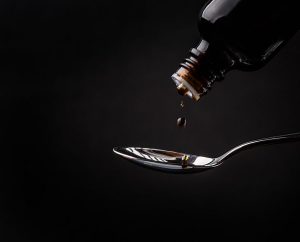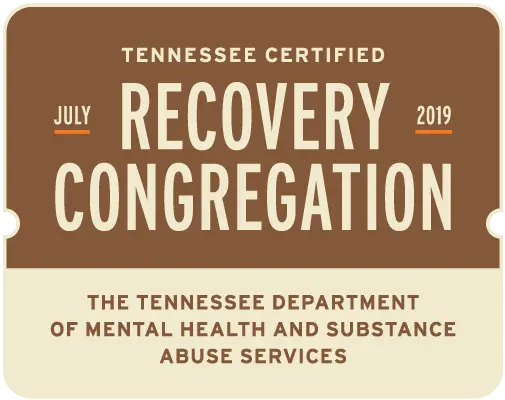Every year, thousands of people become addicted to a substance. In fact, over 20 million people in the United States alone suffer from Substance Use Disorder. Whether it be alcohol, cigarettes, cocaine, heroin, prescription drugs, or even over-the-counter painkillers, you can become addicted to almost anything.
This can even include something as simple as cough syrup, also known as “lean” or “purple drank.” How can such a simple and common medication pose danger for addiction? Despite its common use, cough syrup has many side effects and qualities that can make it addictive. As unlikely as it seems, you may be surprised to learn just how dangerous cough syrup can be when not used properly.
What Cough Syrup Contains
Cough syrup contains many chemicals and narcotics, typically used for treating illnesses. This includes more common ingredients such as acetaminophen, phenylephrine, and diphenhydramine. However, cough syrup also contains codeine—a narcotic that is also technically an opioid. Opioids can not only be dangerous drugs but also have highly addictive potential.
While codeine is safe in recommended doses, taking more does bring the risk for addiction. Furthermore, cough syrup also contains another drug known as promethazine—a central nervous system depressant. Promethazine is used to treat nausea typically acquainted with coughs, colds, the flu, and other sicknesses.
Though its sedative-like effects typically prevent abuse, it can cause even bigger problems when abused with codeine. In the worst-case scenario, codeine and promethazine can slow the breathing to the point of respiratory arrest.
Side Effects of Codeine
Codeine itself may be safer in small dosages, in larger dosages it can become quite dangerous. In fact, consuming codeine in larger quantities can be compared to that of morphine or even heroin. Though cough syrup can be prescribed by doctors and some even purchased over the counter, it is still an opioid. Opioids have the potential to be extremely addicting, and in greater doses, the body will recognize it similarly to heroin. Because of this, codeine abuse can create many similar side effects such as:
- Hallucinations
- Dizziness
- Euphoria
- Memory problems
- Seizures
If a person begins to take cough syrup regularly, to the point that they cannot function regularly without it, this becomes a tolerance. Building tolerance is one of the first major signs of addiction and can even lead to overdose. When you disobey instructions provided by professional physicians and using beyond recommended doses, codeine abuse can even be outright fatal.
Battling Withdrawal
Unfortunately, once you find yourself stuck in an addiction, ending it is not as simple as saying “stop.” Choosing to stop abusing drugs is your own decision, but not one without challenges. When you suddenly cut your body off from its dose of drugs, you begin to experience symptoms of withdrawal.
stop abusing drugs is your own decision, but not one without challenges. When you suddenly cut your body off from its dose of drugs, you begin to experience symptoms of withdrawal.
Withdrawal symptoms often consist of headaches, nausea, irregular heart rate, muscle tension, sweating, dizziness, hallucinations, insomnia, and even anxiety and seizures. Many addicts give up letting go of their addictions because of this, but there is hope.
Many rehabilitation centers provide assistance in the detoxification process, which tries to make handling withdrawal as comfortable as possible. Additionally, they can also help develop recovery and new routines and hobbies to take place of addiction. Though therapy can come at a cost, health insurance, and even employers can cover these expenses. Drug addiction, even to the most unlikely substances, can be a challenging struggle, but by seeking the right help, you can resume normal routines again.
If you or a loved one is struggling with drug addiction, contact a local Treatment & Rehab alternative in Tennessee. You might be interested in Discovery Place’s own treatment center alternatives, such as our 30 Day Residential Addiction Alternative Recovery Program or our Long Term Alternative Recovery Program in Burns, Tennessee. Call us for a free consultation at 1-800-725-0922.


